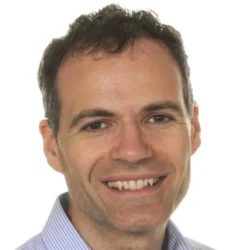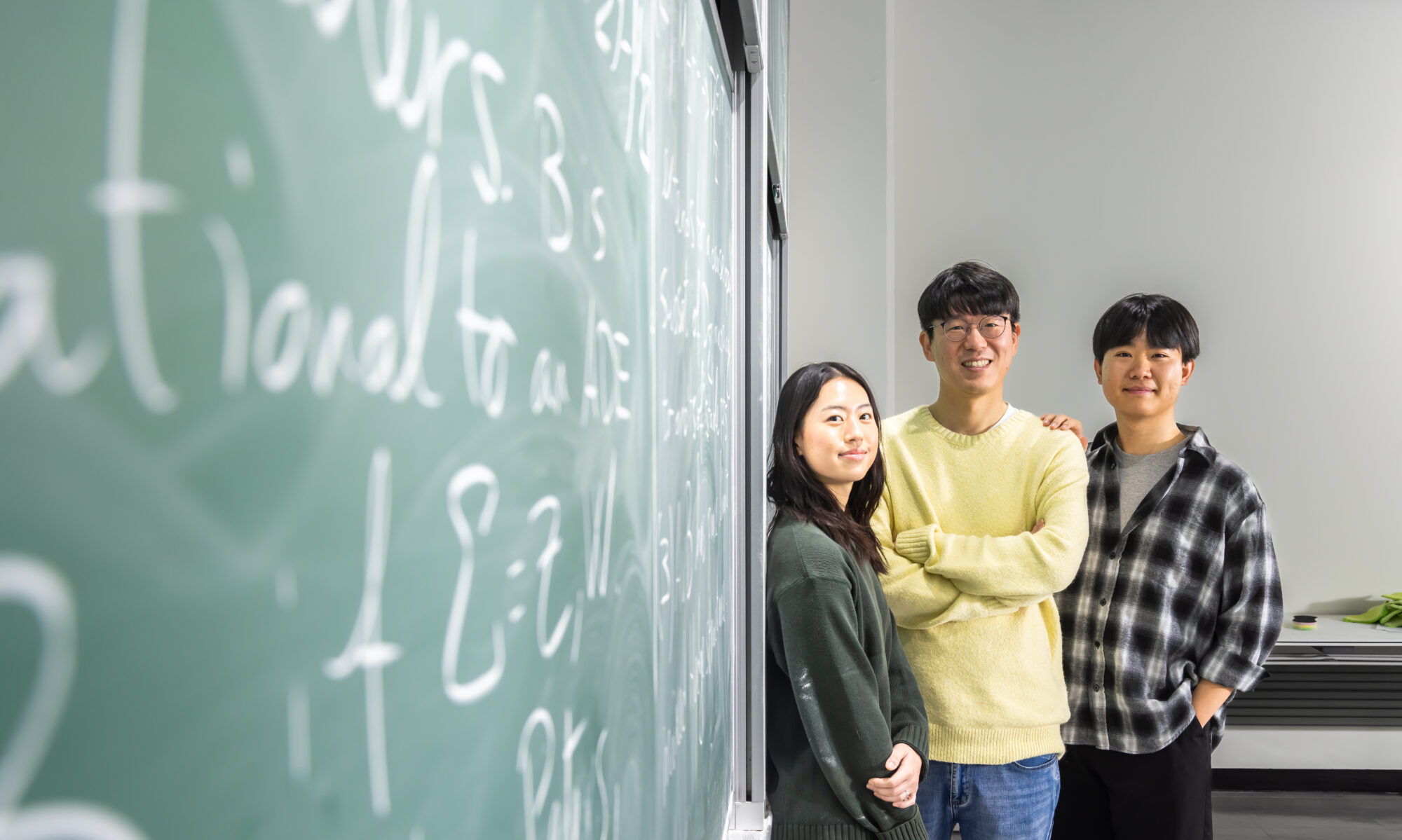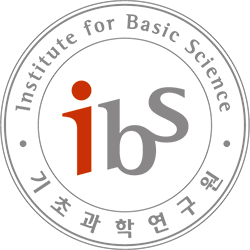
- This event has passed.
Developing time-series machine learning methods to unlock new insights from large-scale biomedical resources – Aiden Doherty
October 15, 2025 @ 4:00 pm - 5:00 pm KST

Abstract
Smartphones and wearable devices provide a major opportunity to transform our understanding of the mechanisms, determinants, and consequences of diseases. For example, around 9 in 10 people own a smartphone in the United Kingdom, while one-fifth of US adults own wearable technologies. This high level of device ownership means that many people could contribute to health research from the comfort of their home by offering small amounts of time to share data and help address health-related questions that matter to them. A leading example is the seven day wrist-worn accelerometer data measured in 100,000 UK Biobank participants between 2013-2015 that has led to important new findings. These include discoveries of: new genetic variants for sleep and activity; small amounts of vigorous non-exercise physical activity being associated with substantially lower mortality; and no apparent upper threshold to the benefits of physical activity with respect to cardiovascular disease risk. However, challenges exist around cost, access, validity, and training. In this talk I will review progress made in this exciting new area of health data science and share opportunities for self-supervised time-series machine learning to provide new insights into physical activity, sleep, heart rhythms and other exposures relevant to health and disease.

